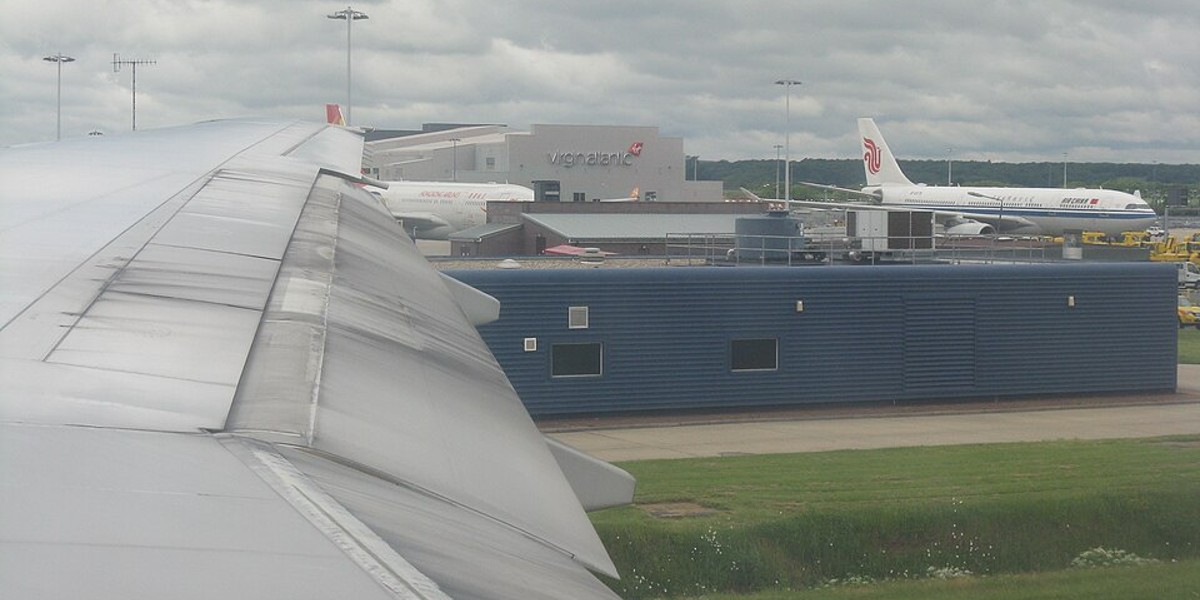The government has given the green light to a second runway at Gatwick Airport in what ministers are describing as one of the most significant infrastructure projects of the decade.
Supporters argue the development will boost employment, strengthen the economy and improve the UK’s global connectivity.
Proponents also suggest the move will help Britain compete with international hubs such as Paris, Amsterdam and Frankfurt.
While the economic case is being championed by industry leaders, critics warn the decision represents a serious setback to the country’s climate ambitions.
Economic promise
The expansion is forecast to create 14,000 jobs directly and many more indirectly across the wider economy, from hospitality and retail to engineering and logistics.
Government ministers predict it will inject more than £1 billion annually into the UK’s GDP.
Airlines point to the benefits of lower ticket prices, arguing that greater competition will bring fares down.
Business groups have welcomed the decision, saying a second runway will unlock new trading routes, increase cargo capacity and ensure London remains a world-leading aviation hub.
Local councils in favour of the scheme believe it will bring long-term prosperity to communities in the South East. Many argue the project will create opportunities for young people and provide a steady stream of employment in the region.
Environmental backlash
Environmental campaigners have responded with fury, describing the decision as incompatible with the UK’s legally binding net zero commitments. They argue that an increase in air traffic will sharply raise emissions at a time when the government should be focused on reducing reliance on fossil fuels.
Local residents have also voiced concerns over worsening noise pollution, air quality and traffic congestion around the airport.
Several groups are already exploring legal challenges to delay or block construction, warning that the project could lock the UK into decades of higher emissions.
Political calculations
The move has placed the government in a difficult position, caught between its pro-growth message and its promises on climate action. While ministers insist that the economic case is overwhelming, opposition parties and campaigners accuse them of ignoring long-term consequences for the sake of short-term gains.
Analysts say the decision could complicate the UK’s standing at international climate summits, where leaders are increasingly judged on their willingness to deliver tough emissions reductions. Some within the aviation industry argue that new technology, such as sustainable aviation fuel and more efficient aircraft, could offset some of the environmental impact.
Skeptics remain unconvinced, claiming that innovation cannot keep pace with the scale of emissions expected from a new runway. For them, the project is a distraction from more pressing priorities such as investing in greener transport networks.
A broader dilemma
The Gatwick runway debate captures a broader dilemma at the heart of UK policy: how to reconcile economic ambition with environmental responsibility. For supporters, the project represents a bold investment in the country’s future prosperity and a chance to cement its role as a global travel hub.
For critics, it is a costly mistake that will undermine climate goals and damage local communities. The coming years will reveal whether the government can balance these competing pressures or whether Gatwick’s expansion will become a symbol of misplaced priorities in the fight against climate change.

